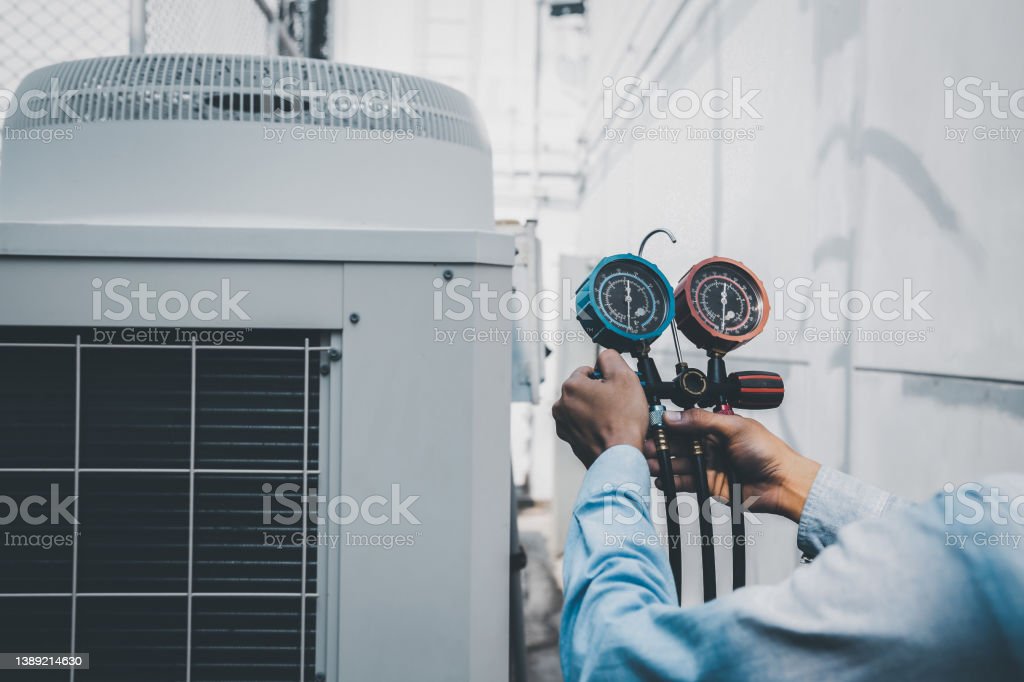Industries like construction and agriculture rely heavily on tools and equipment. Besides manpower investing in advanced machinery is necessary to speed up operations and achieve efficiency. Some major construction companies have enough capital to buy and maintain large fleets of equipment. However, most of the other businesses choose to rent or lease assets to maintain their cash flow. The decision to buy, rent, or lease depends on various factors. For instance, your working capital, equipment transportation, maintenance cost, how often equipment will be used, and many other factors need to be considered when making this important decision.
The specific economic conditions of the business and market uncertainties also impact this decision. So, if you’re planning to add equipment to your fleet, it’s important to learn the pros and cons of each option to make the right choice. Buying may seem a lucrative option with low financing rates but many smart business owners believe that leasing or renting can be a wise strategy to get access to improved technology. So, let’s check out each option to help you make this decision.
Buying Construction Equipment
Some companies continue to rely on the traditional method of buying equipment for building equity. Businesses that have enough capital prefer buying as it gives them equipment ownership. Financing makes buying easy but you need to make a huge down payment along with interest. Some companies offer extended warranties and a service agreement that helps in equipment maintenance but buying has some downsides also. In addition to equipment costs and interest payment, buying also comes with other associated costs like transportation and repairs. Aside from the initial cost, you’re responsible for maintenance and depreciation. Buying is the least flexible option as once you become the owner of the equipment, you’re responsible for every expense- repair, insurance, interest, and depreciation.
Leasing Equipment
Many construction companies and contractors prefer leasing equipment because it gives them flexibility and freedom to get access to the latest machinery. Buying means, you’re stuck with the same technology for years unless you decide to resale it for a lower price and buy the new model. But leasing provides the benefits of equipment use while mitigating the downsides of buying. Leasing is particularly helpful for sporadic projects and seasonal workloads. It is cost-effective because there’s no need to worry about equipment transportation, storage during downtime, or routine maintenance expenses. The leasing company takes care of everything while you reap the benefits of using advanced technology. Compared to buying all the machines and equipment, leasing is a cost-effective solution that also eliminates the depreciation issue. It is similar to equipment rental but when the lease contract expires, you’re free to return the equipment, renew the lease, or buy it.
Renting Equipment
Another option is renting which allows you to pay a fixed rent for using the equipment for a limited period. Renting is mostly used by small contractors or subcontractors who lack enough resources to buy and maintain a fleet of equipment. Renting also eliminates the need to pay a down payment or maintenance expenses. However, you may have to wait for the availability of the needed equipment.


